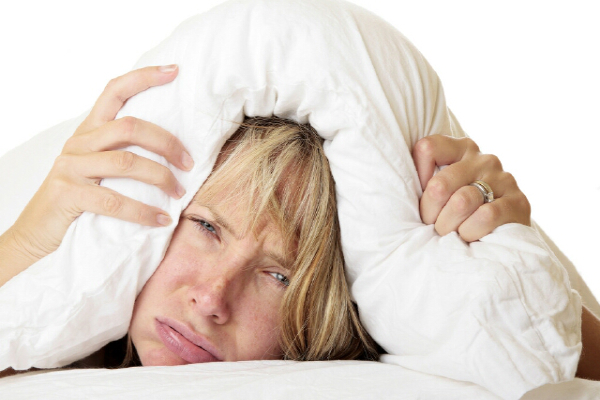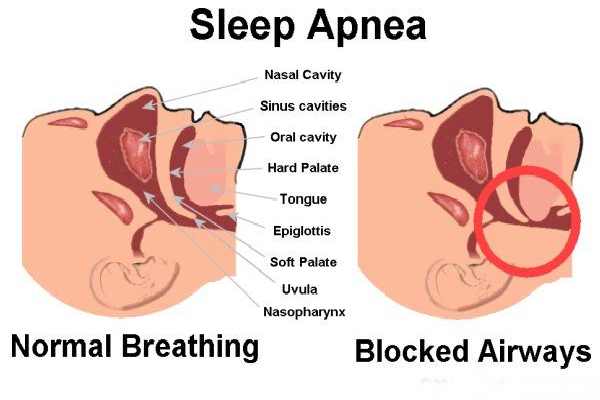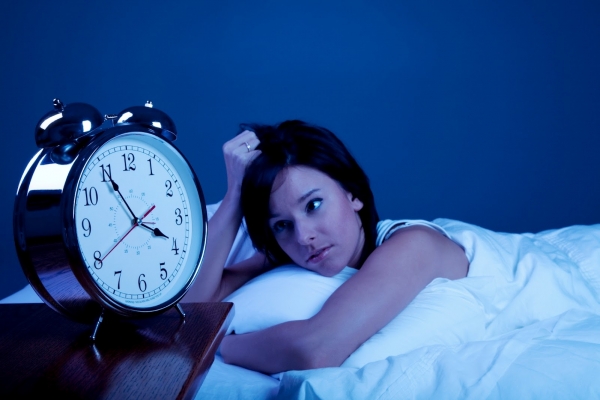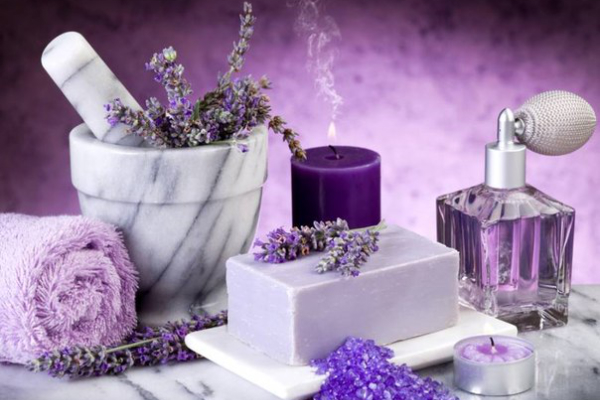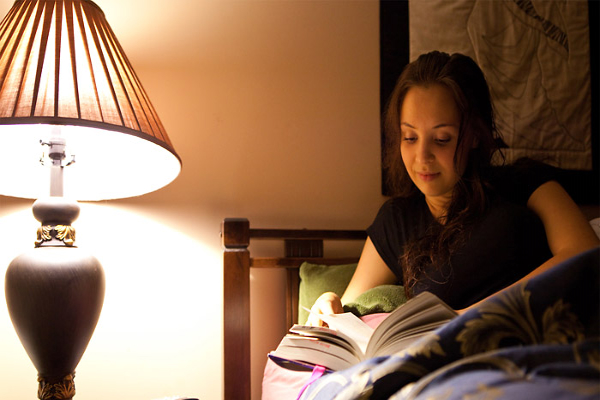Difficulty sleeping or sleeping disorder is mainly an outcome of stress, depression, or anxiety which most people face during the entire day, causing them to have trouble in finding a good night sleep.
Although you may feel exhausted the next day, infrequent or episodic sleepless nights don’t pose a great deal of harm to your body. However, continual sleep disturbances may lead you to become lethargic, irritable, overtired, and incapable to concentrate on your daily chores. As you get older, your sleep needs get reduced – elderly people could suffice the requirement through mere 5-6 hours of sleep. Adults, on the other hand, should be getting 7-8 hours of sleep on an average.
How many types of difficulty sleeping are there?
Health science reveals that healthy people tend to get a sufficient amount of sleep whereas some people usually have their medical problems connected to ill sleeping habits or lack of quality sleep. You may be facing a sleeping difficulty since a long time and have become acquainted with it. Nonetheless, staying wide wake at night or having a sleepy/heavy head during the day are no good signs – there may be an underlying medical condition that is causing you to have difficulty sleeping.
Many of us experience sleep disturbance one time or the other; having said that, you never know, it could be a major sleeping disorder. It’s important that you study these difficulty sleeping types to ensure the right and timely treatment.
Sleep apnea
It is commonly observed in people who have blockages in the upper airways leading to temporary breathing arrest during sleep. Such people suffer awakenings every hour leaving them distressed the next day. This disorder could also prove life-threatening, hence it is essential to see a doctor right away if you observe these symptoms:
- Regular sleep pauses
- Loud snores
- Sleepy or exhaustive feeling during the day
- Arising from sleep with headache, chest pain, dry throat, breathlessness, or nasal congestion
- Choking, snorting, or gasping during sleep
Insomnia
It is one of the major sleep complaints which is caused due to poor lifestyle choices, jet lag, no exercise, or improper amount of caffeine intake. Besides, an existing health problem or emotional disorder could be the root cause of it. You may need to check these signs:
- Loss of energy to carry out the daily routine
- Fragmented sleep
- Dependency on sleeping pills and other medications to get sleep
- Difficulty falling asleep and recovering from sleeplessness
- Regular wake ups during night
Jet Lag
Circadian rhythms signify your internal biological clock that drives the 24-hour sleep-and-wake cycle. Their disruption or abnormal behavior gives rise to circadian rhythm sleep disorders.
Jet lag is one such type which is more prominent while traveling across places of different time zones. Symptoms such as stomach upset, daytime sleepiness, insomnia, etc., begin to show within a day or two after traveling. Direction and time of travel play a substantial part in making jet lag more or less dominant. Flying eastward makes the disorder worse than flying westward; long flights tend to reveal more pronounced signs compared to the short ones.
Remember to perform these practices next time you fly across time zones:
- If you’re planning to wake up later than early, get out into the noon sunlight; if your schedule demands you to wake early, expose yourself to the morning sun
- Avoid staying at your room as soon as you finish a long trip. Keep outdoors to allow the daylight to adjust your biological clock to the new setting
- If you’re on a short trip, you can maintain the same sleep schedule as the one you observe regularly at home. Adjust your appointments or schedule as per your ease
- Abstain from consuming alcohol or caffeinated drinks when suffering from jet lag
What can I use as a natural remedy?
Before going to bed, take a warm bath with lavender oil or try inhaling it before your bedtime. You could also stuff your pillowcase with tissues containing a few drops of it to get a good sleep. Note that lavender oil is traditionally used as a sleep remedy
A restful sleep could also be ensured by consuming tablets or syrups with ingredients such as hops, passionflower, or valerian.
Are there any self-help measures?
- Avoid napping during daytime. Let your sleep and wake timings be the same each day
- Create the right environment in your bedroom: dim the lights, maintain quietness, block all disturbances, spray a light air freshener, and maintain the room temperature (not too cold or warm)
- Try sleep herbs
- Temporary sleep issues could be resolved by taking a sedative antihistamine
- Satisfy your late night hunger with biscuits or a banana. Don’t have a heavy meal 3 hours prior to your bedtime
- Don’t drink cola, tea, or coffee before going to bed
- Avoid smoking
- Soak yourself in warm water and try some relaxation techniques or stress busters
- If you’re getting thoughts about your next day tasks, jot them down on a notepad and place it at your bedside
- Avoid working late at night; instead, rise up early and complete the remaining work.
- Don’t work at least 1 hour before your sleep time
- Read you favorite book or listen to some relaxing music
